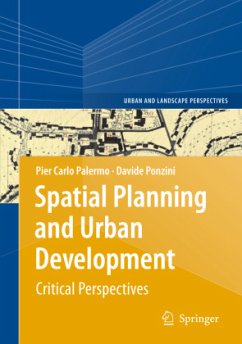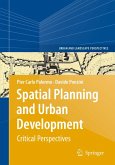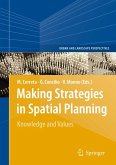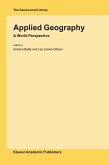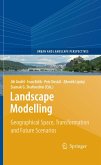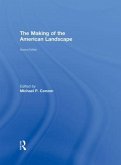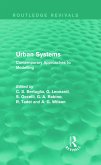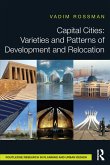Urban planning is a complex field of knowledge and practice. Through the decades, theoretical debate has formed an eclectic set of possible perspectives, without finding, in our opinion, a coherent paradigmatic framework which can adequately guide the interpretation and action in urban planning. The hypothesis of this book is that the attempts of founding an autonomous planning theory are inadequate if they do not explore two interconnected fields: architecture and public policies.The book critically reviews a selected set of current practices and theoretical founding works of modern and contemporary urban planning by highlighting the continuous search for the epistemic legitimization of a large variety of experiences. The distinctive contribution of this book is a documented critique to the eclecticism and abstraction of the main international trends in current planning theory. The dialogic relationship with the traditions of architecture and public policy is proposed here in order to critically review planning theory and practice. The outcome is the proposal of a paradigmatic framework that, in the authors' opinion, can adequately guide reflections and actions. A pragmatic and interpretative heritage and the project-orientated approach are the basis of this new spatial planning paradigm.
From the reviews: "The text is grounded in a broad understanding of European planning traditions and conditions, augmented with an awareness of those on the other side of the Atlantic. A good portion of the book is devoted to a historical review of planning theory that acknowledges multiple overlaps in theory and practice in time and space. ... Spatial Planning and Urban Development makes a significant contribution to planning scholarship. ... Ponzini and Palermo have opened many avenues for constructive debate and progress in planning praxis and scholarship." (Sig Langegger, Journal of Planning Education and Research, Vol. 32 (3), 2012)

